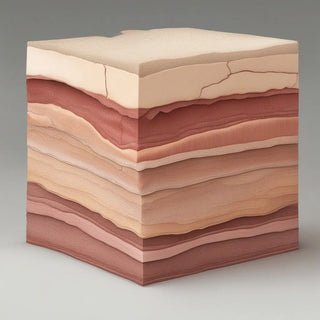In our ongoing wound healing series, we’ve covered the phases of healing and the main cell types involved. Now let’s look at the crucial signaling molecules that coordinate all these cellular events – growth factors and cytokines.
Growth Factors - The Conductors
Growth factors are proteins that stimulate cellular migration, proliferation, differentiation, and matrix synthesis during wound repair. They act like conductors of the healing orchestra! Key growth factors include:
- PDGF - Recruits cells, stimulates angiogenesis
- TGF-β - Promotes collagen and tissue growth
- FGF - Angiogenesis, epithelialization
- EGF - Stimulates epithelial cell migration
- VEGF - Promotes new blood vessel formation
These growth factors are released by platelets, macrophages, and other cells in the wound bed. They activate signaling cascades that drive each phase of healing.
Cytokines - The Cell Signallers
Cytokines are small proteins that allow immune cells involved in wound healing to communicate and generate an organized response. Key cytokines include:
- TNF-α - Inflammation mediator
- IL-1 - Stimulates inflammation and reepithelialization
- IL-6 - Inflammation regulation, angiogenesis
- IL-8 - Recruits neutrophils and macrophages
Cytokines like IL-1, IL-6, and TNF-α help transition the healing process from the inflammatory phase to the proliferation phase. They stimulate fibroblasts, epithelial cells, and angiogenesis.
In summary, growth factors and cytokines allow cells in the wound to communicate, triggering cellular proliferation, migration, inflammation, and new tissue formation in a coordinated manner across all phases of wound healing.
Disclaimer: This article provides general information about skin healing and is not medical advice. Please consult a doctor for any skin concerns.
References
Barrientos, S., Stojadinovic, O., Golinko, M. S., Brem, H., & Tomic‐Canic, M. (2008). Growth factors and cytokines in wound healing. Wound repair and regeneration, 16(5), 585-601.
Werner, S., & Grose, R. (2003). Regulation of wound healing by growth factors and cytokines. Physiological reviews, 83(3), 835-870.
Maxson, S., Lopez, E. A., Yoo, D., Danilkovitch-Miagkova, A., & Leroux, M. A. (2012). Concise review: role of mesenchymal stem cells in wound repair. Stem cells translational medicine, 1(2), 142-149.
Stay tuned for more insightful content on the role of nutrition in health and healing from Condition Directed Supplements.
